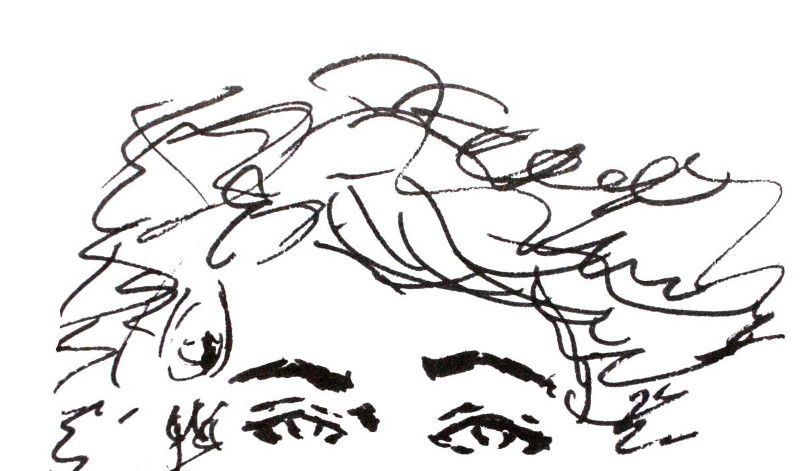7 tips to learn a new skill faster

Learning something is both exciting and complex. When you start the process, you feel like your new superpower will give you wings and that your life will never be the same. You enjoy the idea that you will be part of a new community that shares the same knowledge... Until you really start. Then, you discover you have a lot of things to understand before being able to do anything and that it will take you many many hours before seeing any result.
But don't be discouraged! In this article I'm going to share with you a few tips that will soften the learning curve. I tested them in many fields like coding, playing music, cooking or sports and it always worked. Learning is a slow process, but it can be optimized.
1. Be regular
The first thing is to have discipline. Learning on a regular basis will allow you to integrate automatism faster. What you learn from a session will still be fresh in the next one. If you take sports as example, specific muscles can be required to do an activity. If you wait too long before using them again, you will have to train them again before improving your skill.
2. Destructure
It's hard to handle every aspects of a new skill at the same time. I encourage you to split the skill in sub-fields and address them one by one.
For instance, if you are learning to play music, try to tackle score reading and rythm separately. Once you master two points separately, it's a lot easier to mash them together.
NB: This one is from Tim Ferriss method.
3. Be picky
It's the corrollary of the previous point. Be picky on what aspect of the discipline you want to work on. Each week find a theme to focus on and try to stick to it for your whole session of training.
Another important thing, being very good on one point will bring you automatism. That automatism will free you from one constraint while dealing with other aspect of the discipline. When you do not have to think anymore about one aspect, you can focus better on areas you do not master yet.
Example : In music, when you can read a score quickly or better if you know it by heart, it's a lot easier to focus on doing the rythm good.
4. Simplify (reduce)
We often want to be able to do the most difficult thing first. That's wrong. We should always start with the easier thing. Try to simplify, do not aim to get the whole thing right at first try. Keeping the big picture while removing the details is another good option. You will have a rough picture of what you are working on. Once you master the rough version it's much more easier to refine it and bring back the details.
5. Learn from other fields
There are often bridges between very different fields. It's fun to identify them. It will help you to picture properly what you are doing and be more conscious of the situations that you are facing. This way, you will be more confident while practicing.
Ex: In climbing, when you find yourself in a bad situation (you can't reach the next hold and you are in a uncomfortable posture), you tend to look for holds for your hands. It's wrong because it requires effort and it stresses you. In fact, the right behavior is to stay calm and look for foot holds. They provide a better basis that will allow you to feel more comfortable and be closer to the next hand holds.
Now let's build a bridge between climbing in software development. When facing a new bug, software developers tend to rush on fixing the bug. While the right behavior is to write first a test. It brings a better basis to fix the bug.
Picturing a problem with a similar situation from another field, helps to make the mind clearer about what to do next.
6. Observe experts
Looking at experts performing live or on video will teach you a lot about doing things properly (reading their books works too). They have the knowledge you are looking for. Observation is a great source of ideas and good practices.
Ex: When I go walking in the mountains, I like to try and follow the footsteps of experienced mountain walkers. That way, I learn quickly where to put my feet and don't get exhausted too fast.
7. Found a teacher or a mentor
It's good to learn by yourself, but if you want to become good at something quickly, you can't beat having a good teacher or at least a mentor. They will guide you and make you gain time because they know where you should start. They will explain to you what you don't understand despite the materials you have access. And best they will tell you when you are on the wrong way. That tip may sound obvious, but, as a self-learner, I know that it's something we tend to forget.
We're done! I hope you enjoyed what you read and that my tips will help you learning faster. It took me years to fully integrate them. Today, I enjoy sharing them with you through this post. The next step for you is to choose the next skill you will learn. Is it Esperanto? Coding? Dancing? About me, I'm learning product management and speaking in Indonesian. So, feel free to share it with me via email or Twitter and I will be glad to hear your tips and see how I could help you!
